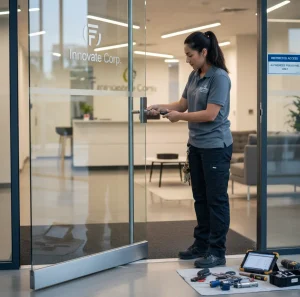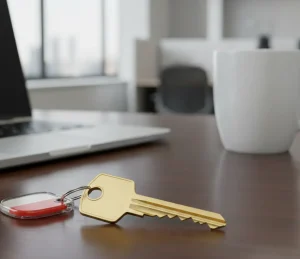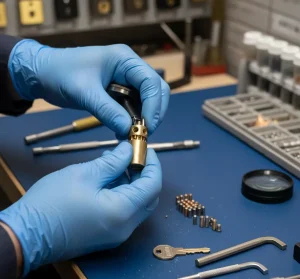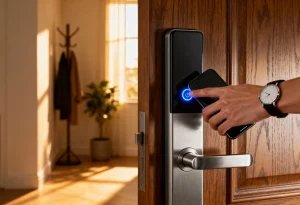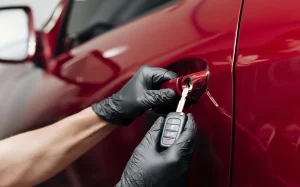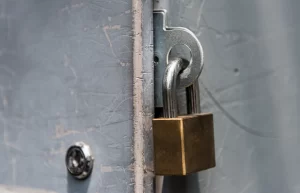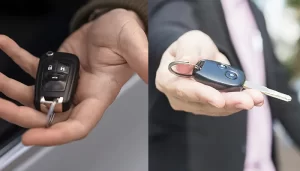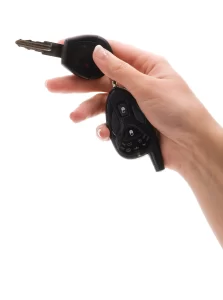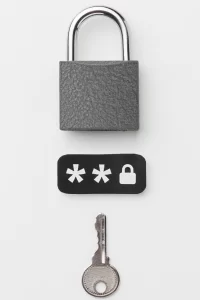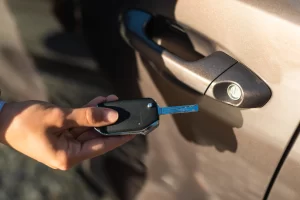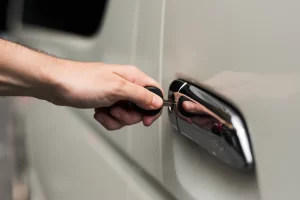If you’ve ever moved into a new property, misplaced your house keys, or had to dismiss an irate employee, you’ve contemplated changing your locks. Most people are unaware that re-keying their locks is a far better, often less expensive, alternative than replacing them. In this essay, I’ll explain what it means to “re-key” a lock and, more significantly, why you should re-key your locks rather than change them. Why is this significant, you may ask? Because it can save you a significant amount of money each year. Some locksmiths take advantage of the fact that most people are unaware of the distinctions and, rather than discussing the alternatives with the customer, pick the more expensive option.
What Exactly Is Re-Keying A Lock
While “changing a lock” is self-explanatory, simply referring to replacing an old lock with a new one, “re-keying” explains a little more. Re-keying a lock implies changing the lock’s functioning key to a different key without replacing the lock itself. In other words, you maintain the same lock, but the old key no longer works. This is accomplished by disassembling the lock and changing some of the internal components (known as “tumblers” or “key pins”). Every sequence of key pins in your lock corresponds to a certain key. Therefore, changing those pins sets a new key that will now operate the lock. Despite how hard this may appear; it is a simple technique that should only take a few minutes if you have the necessary instruments.
The locksmith must have the current matching key to re-key a lock. Without the matching key, the only method to re-key the lock is to pick it open, which, although normally not a problem for an experienced locksmith, may incur additional charges that can make it more expensive than replacing the lock entirely.
The Cheaper Option
Rekeying is nearly significantly more cost-effective than getting new locks installed due to the exceptionally low cost of the key pins used in the locks. When you replace your locks, you will be paid for both the labour and the components, but when you get them re-keyed, you will only be charged for the work. Re-keying your locks is a less expensive option.
It would be best if you didn’t have to worry about whether or not the locks on your property can be re-keyed because every lock can have its key changed already programmed into it. This is an essential fact to bear in mind. However, the process of re-keying a variety of locks is not always the same and frequently calls for the use of various instruments.
Not Just for Re-Keying Purpose
Re-keying a lock is necessary when an old key has to be removed from circulation and when several locks need to be matched to the same key. If your house has multiple locks and each lock uses a separate key, which may be problematic, you may wish to re-key the locks so they all match. For instance, this might be troublesome if your home has numerous locks and each lock uses a different key. Keep in mind that to match two or more locks to one key, the locks either need to be of the same brand or have the same sorts of keyholes. This is necessary to match the locks. If your key works in one lock but not in another, this indicates that the keyholes (also known as “keyways”) on the two locks are distinct and cannot be paired.


